THE COURTYARD. A MEMOIR
The Parkiets—mother Rikla, father Joseph, and two sons, Sevek and Henek—emigrated from Warsaw to Paris in 1931. Binem, aka Bernard, the narrator, was born in 1933 after the move. They’re poor but hardworking and close-knit. Joseph was a furnisher finisher by trade. They found a place in an ancient apartment building that surrounded a large courtyard. Life was good, and most of their French neighbors got along fine with Jews. Then came the Germans and 24/7 terror. Joseph was taken to a detention center outside the city. Miraculously, because he became really sick, humane doctors saw to his release. Soon after, a neighbor offered a warehouse space adjoining his furniture shop as a hiding spot, putting himself in considerable danger; that one room was the Parkiets’ refuge (and their prison) for the next two years. Clandestinely, the neighbors saw to their needs, and Binem was their link to the outside, running necessary errands. There were some terrifying close calls, but the Parkiets were never betrayed—this was a whole community’s effort, and they could have been killed if found out. The memoir, co-authored by Ben Parket, formerly Binem Parkiet (during immigration, family members changed their names), and his daughter-in-law, Alexa Morris, also follows the fortunes of the family after the war. They moved to Israel in 1949 and grew up with the new nation. Binem went to America, met his future wife, Orah, and found success as an architect, so it’s also an upward mobility story, and it couldn’t have happened to a more deserving clan. Sadly, for contrast, we learn that all the family left in Poland died in the concentration camps. The writing is clever and impressive: “[Henri] was drawn toward the provocative in the way a car in need of alignment pulls toward one side of the road,” and at a pro forma conference, there is cigarette “smoke swirling, scribbling nonsense” in the air. The book includes illustrations and family photos.


The Parkiets—mother Rikla, father Joseph, and two sons, Sevek and Henek—emigrated from Warsaw to Paris in 1931. Binem, aka Bernard, the narrator, was born in 1933 after the move. They’re poor but hardworking and close-knit. Joseph was a furnisher finisher by trade. They found a place in an ancient apartment building that surrounded a large courtyard. Life was good, and most of their French neighbors got along fine with Jews. Then came the Germans and 24/7 terror. Joseph was taken to a detention center outside the city. Miraculously, because he became really sick, humane doctors saw to his release. Soon after, a neighbor offered a warehouse space adjoining his furniture shop as a hiding spot, putting himself in considerable danger; that one room was the Parkiets’ refuge (and their prison) for the next two years. Clandestinely, the neighbors saw to their needs, and Binem was their link to the outside, running necessary errands. There were some terrifying close calls, but the Parkiets were never betrayed—this was a whole community’s effort, and they could have been killed if found out. The memoir, co-authored by Ben Parket, formerly Binem Parkiet (during immigration, family members changed their names), and his daughter-in-law, Alexa Morris, also follows the fortunes of the family after the war. They moved to Israel in 1949 and grew up with the new nation. Binem went to America, met his future wife, Orah, and found success as an architect, so it’s also an upward mobility story, and it couldn’t have happened to a more deserving clan. Sadly, for contrast, we learn that all the family left in Poland died in the concentration camps. The writing is clever and impressive: “[Henri] was drawn toward the provocative in the way a car in need of alignment pulls toward one side of the road,” and at a pro forma conference, there is cigarette “smoke swirling, scribbling nonsense” in the air. The book includes illustrations and family photos.











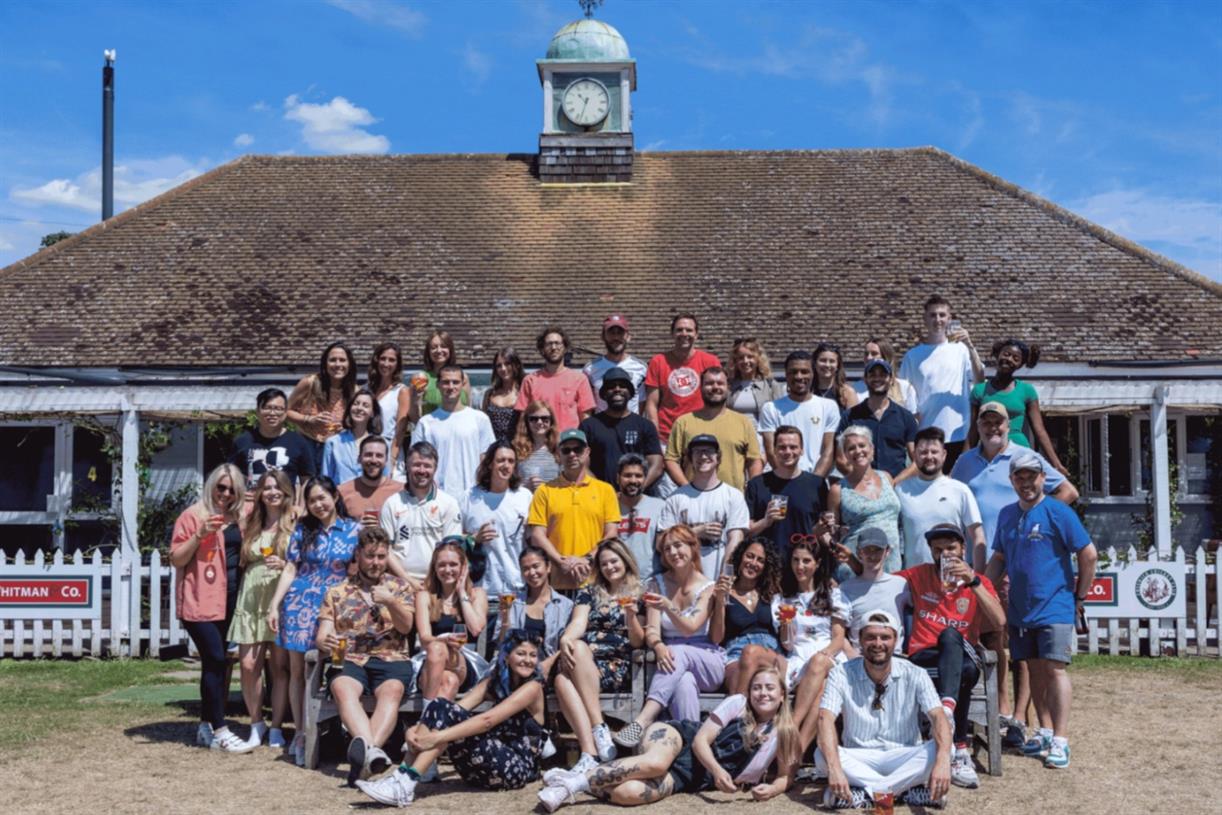


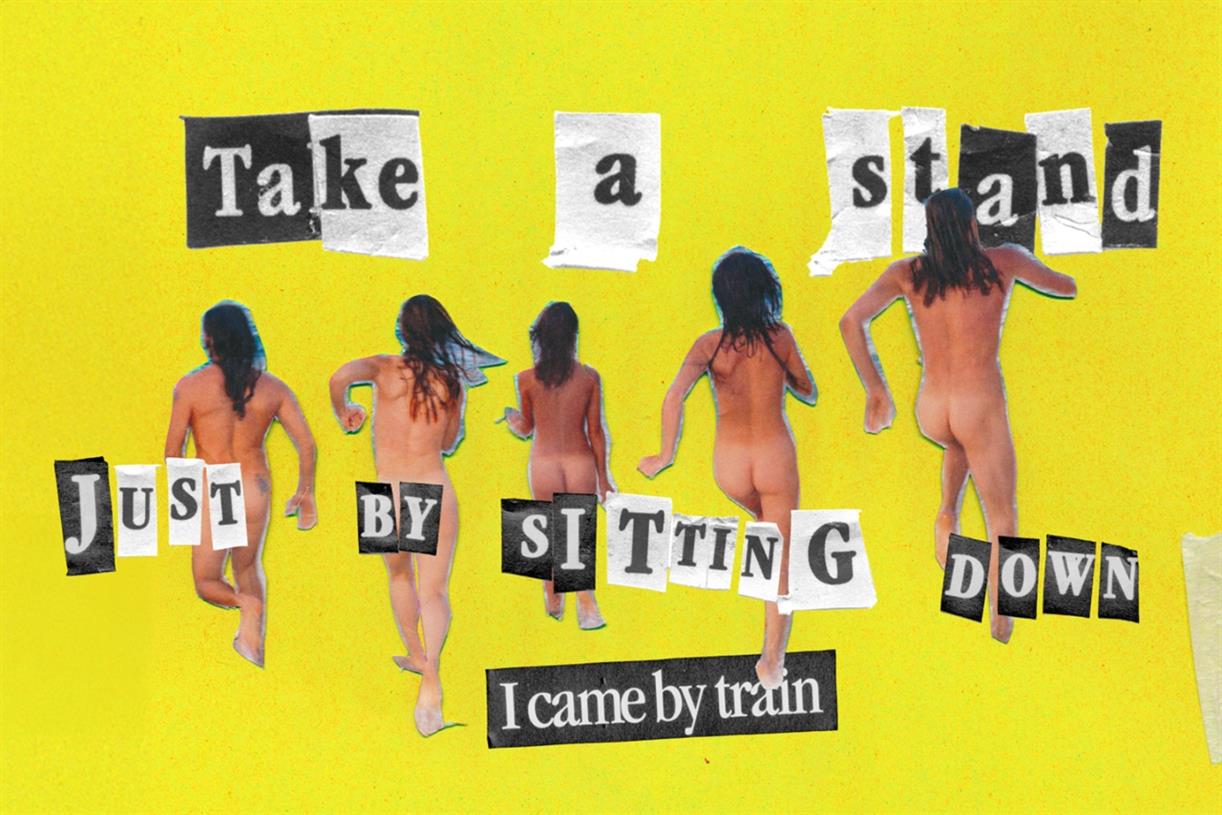
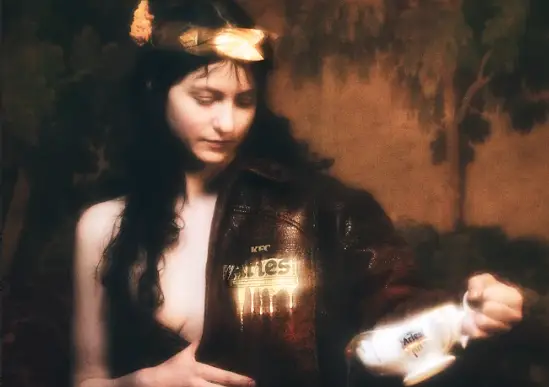











![How To Launch, Grow, and Scale a Community That Supports Your Brand [MozCon 2025 Speaker Series]](https://moz.com/images/blog/banners/Mozcon2025_SpeakerBlogHeader_1180x400_Areej-abuali_London.png?auto=compress,format&fit=crop&dm=1747732165&s=beb7825c980a8c74f9a756ec91c8d68b#)
![Clicks Don’t Pay the Bills: Use This Audit Framework To Prove Content Revenue [Mozcon 2025 Speaker Series]](https://moz.com/images/blog/banners/Mozcon2025_SpeakerBlogHeader_1180x400_Hellen_London.png?auto=compress,format&fit=crop&dm=1747758249&s=9f3c5b1b7421f862beace1cb513053bb#)
![How To Create an Integrated Strategy That Increases Brand Mentions and Visibility [Mozcon 2025 Speaker Series]](https://moz.com/images/blog/banners/Mozcon2025_SpeakerBlogHeader_1180x400_JamesH_London.png?auto=compress,format&fit=crop&dm=1747780409&s=9bf9f0a2623b4a8be6eaf8f235115505#)

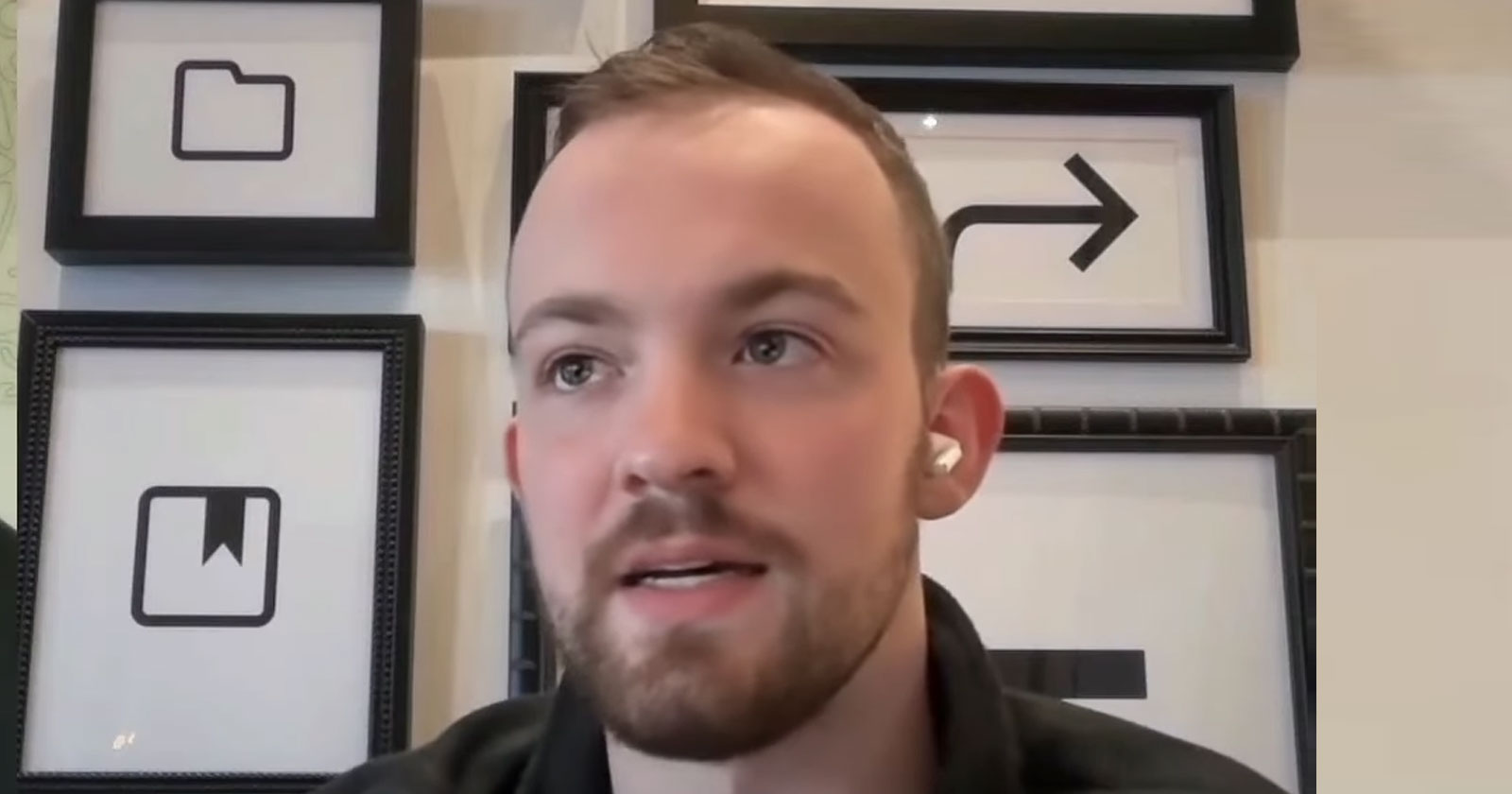



















![The 11 Best Landing Page Builder Software Tools [2025]](https://www.growthmarketingpro.com/wp-content/uploads/2024/04/best-landing-page-software-hero-image-1024x618.png?#)












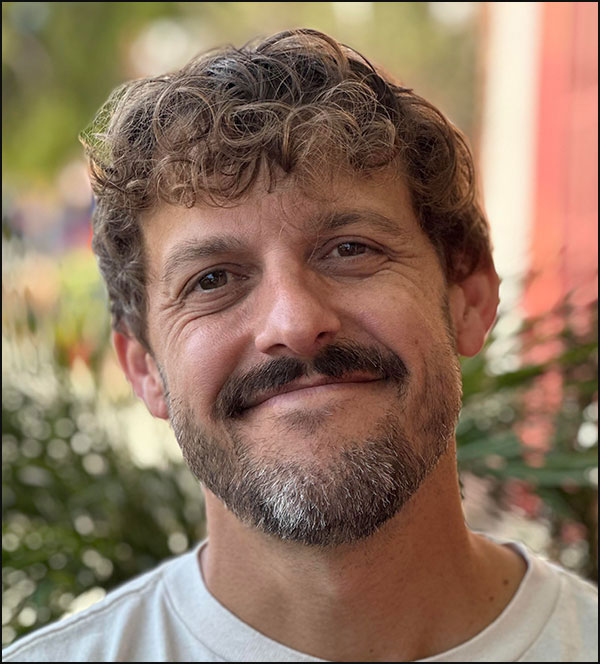
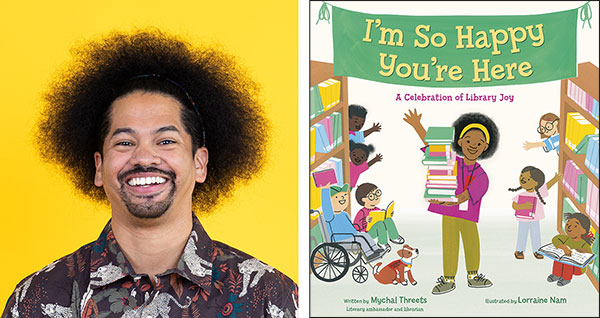

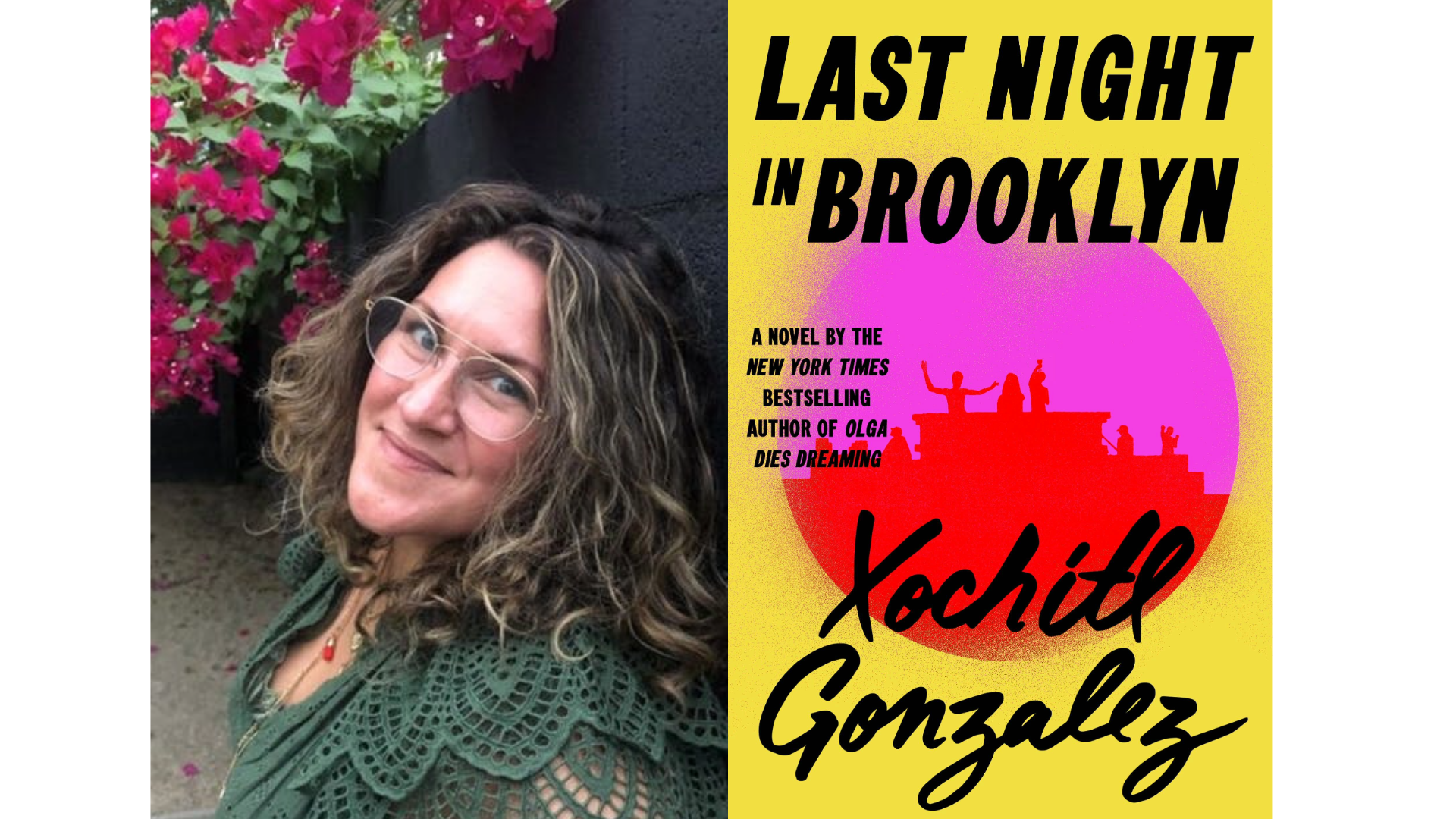
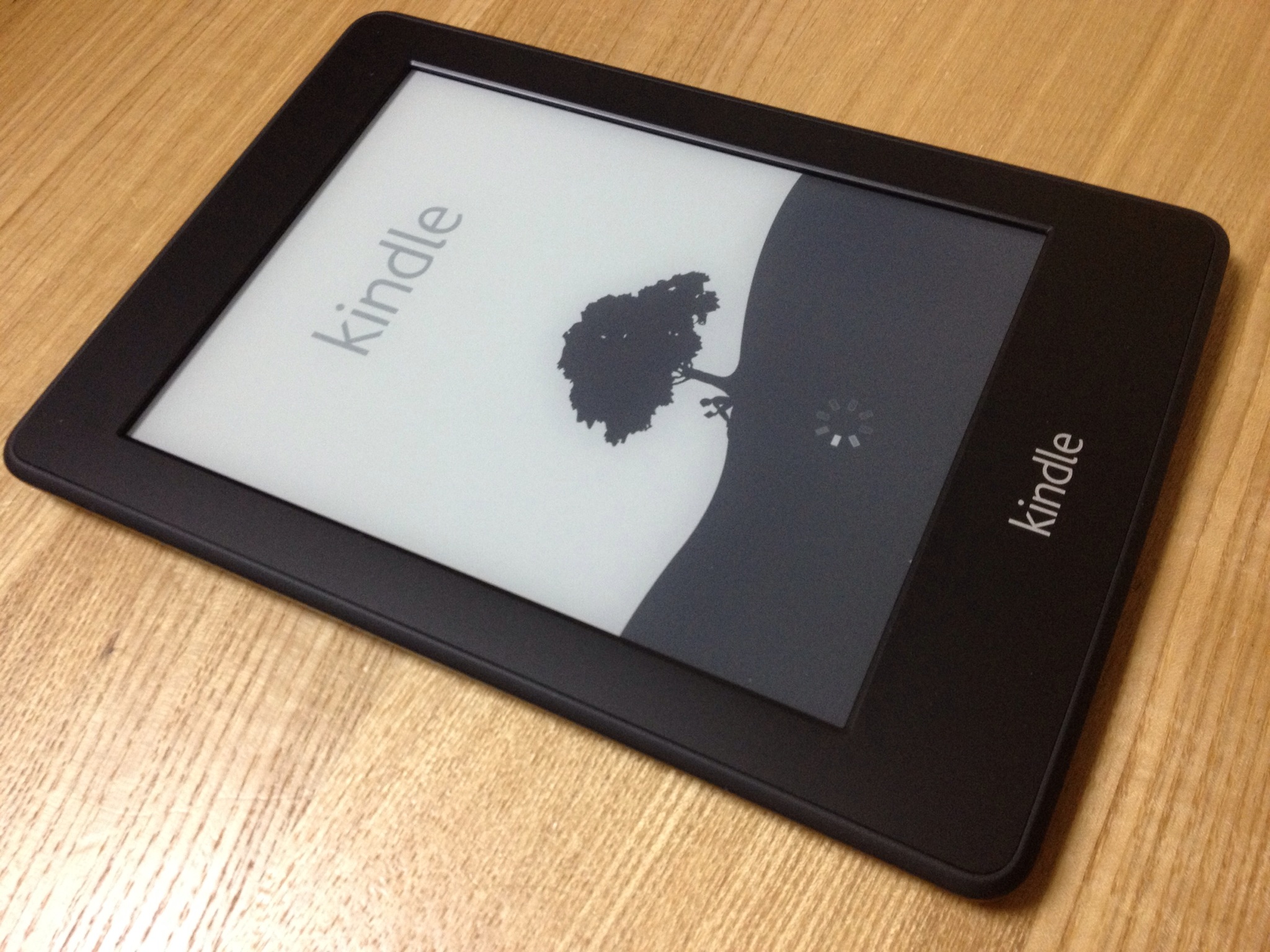
































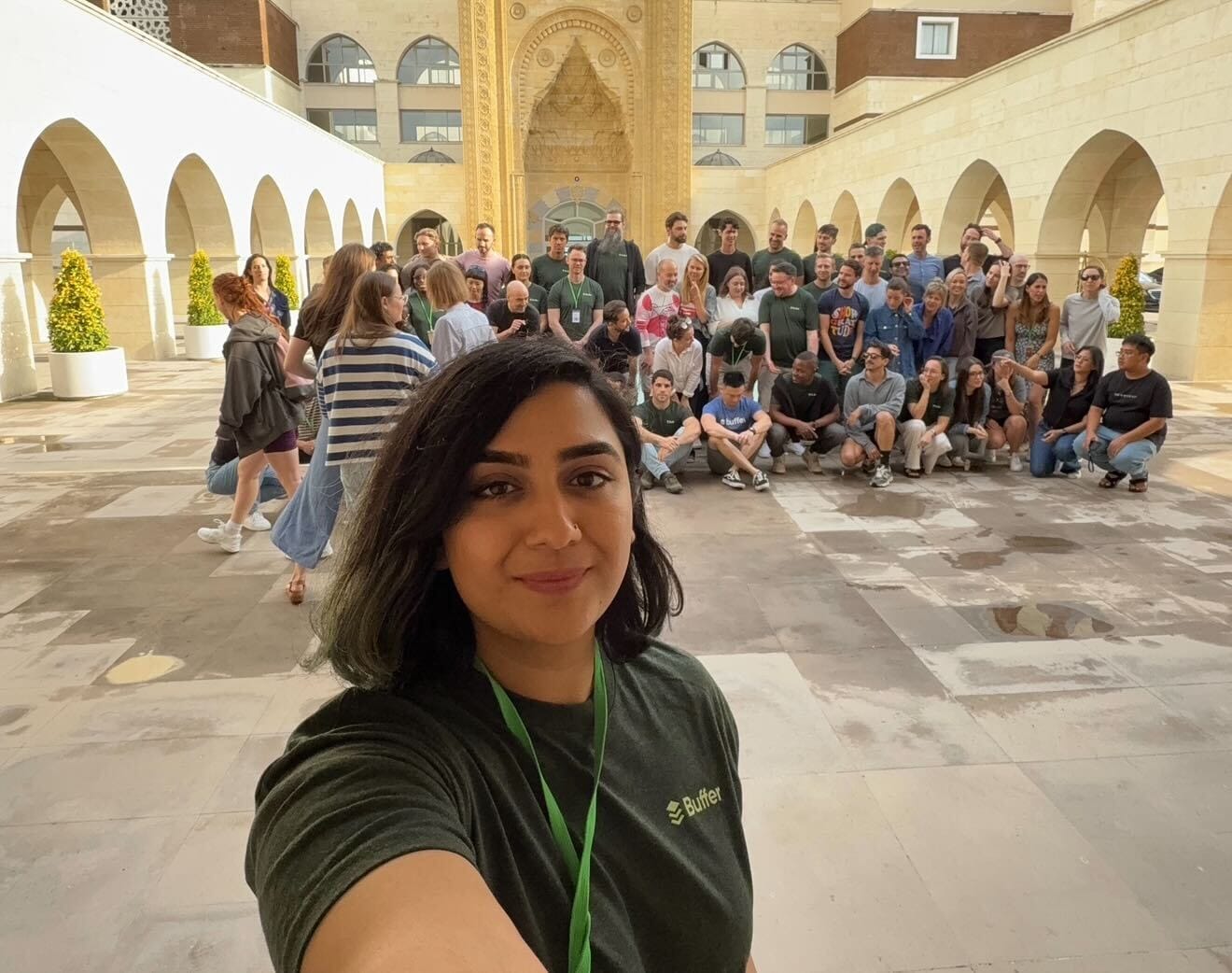

![41 Instagram features, hacks, & tips everyone should know about [new data]](https://www.hubspot.com/hubfs/Instagram-hacks-1-20240916-2633447.webp)








![Social media image sizes for all networks [June 2025]](https://blog.hootsuite.com/wp-content/uploads/2023/01/Social-Media-Image-Sizes-2023.png)























